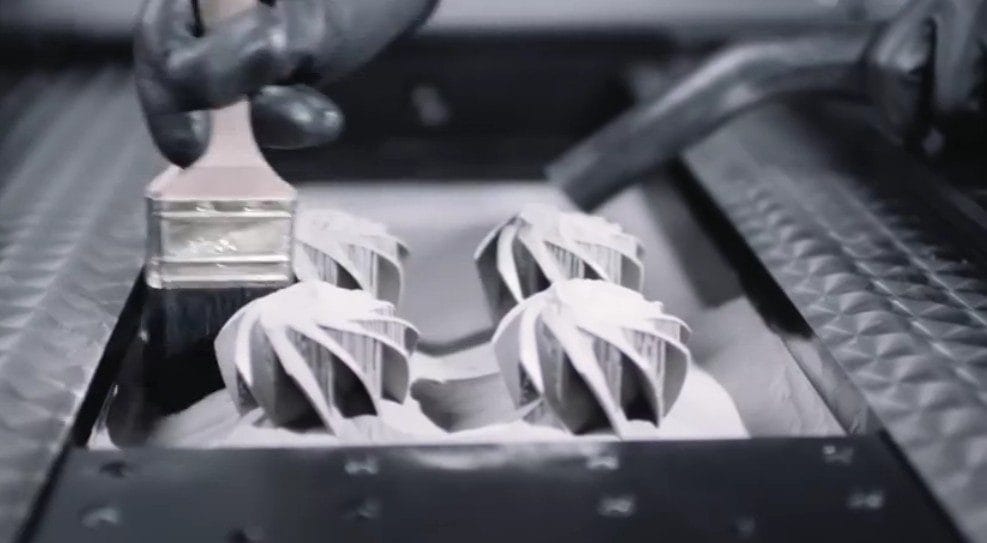The Evolution of Manufacturing: From Traditional to Additive
Manufacturing has always been the backbone of our industrialized world. Traditional manufacturing techniques, such as injection molding and sheet metal processing, have reliably served us for decades. Yet, with the relentless pace of technology iteration, a new player has emerged on the scene: additive manufacturing. It’s redefining the boundaries and offering a fresh perspective on how we produce goods.
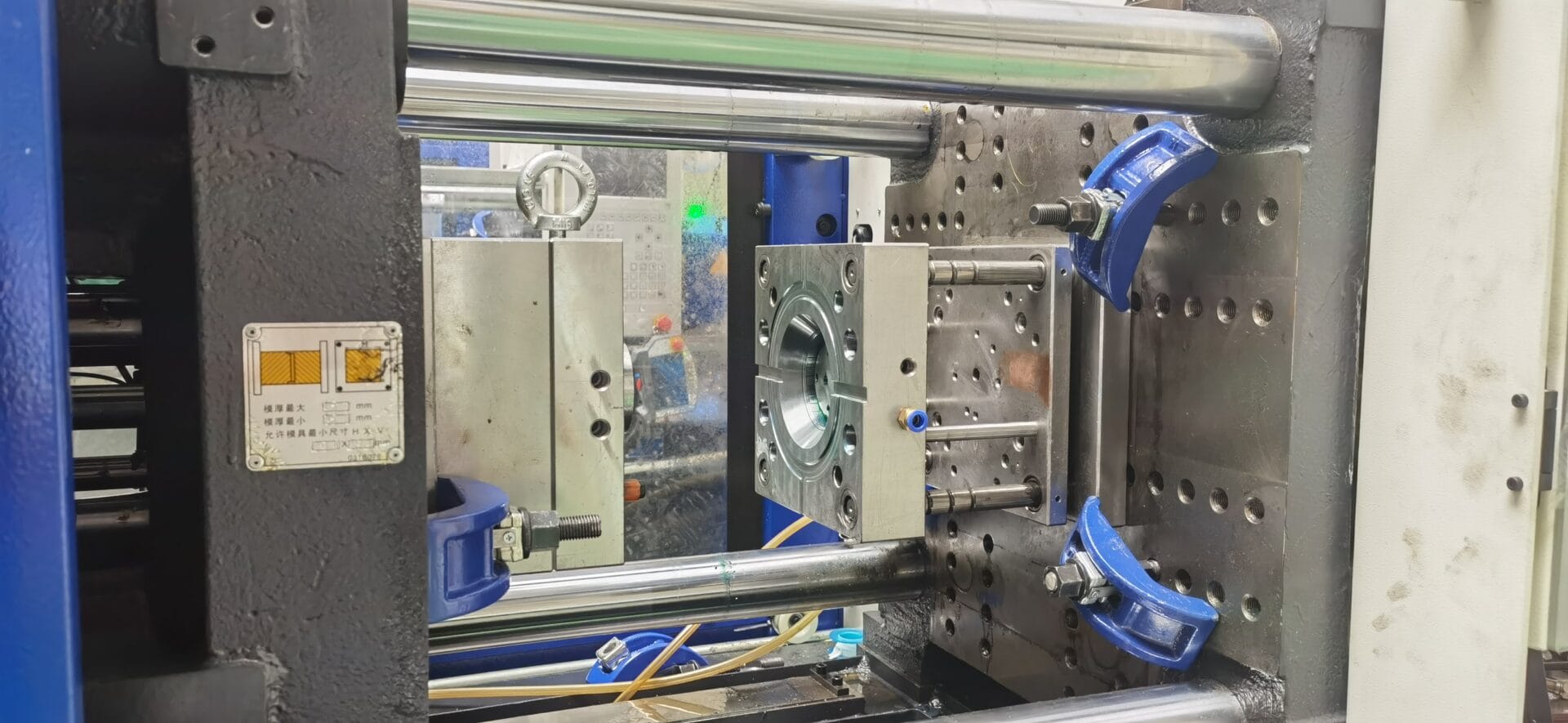
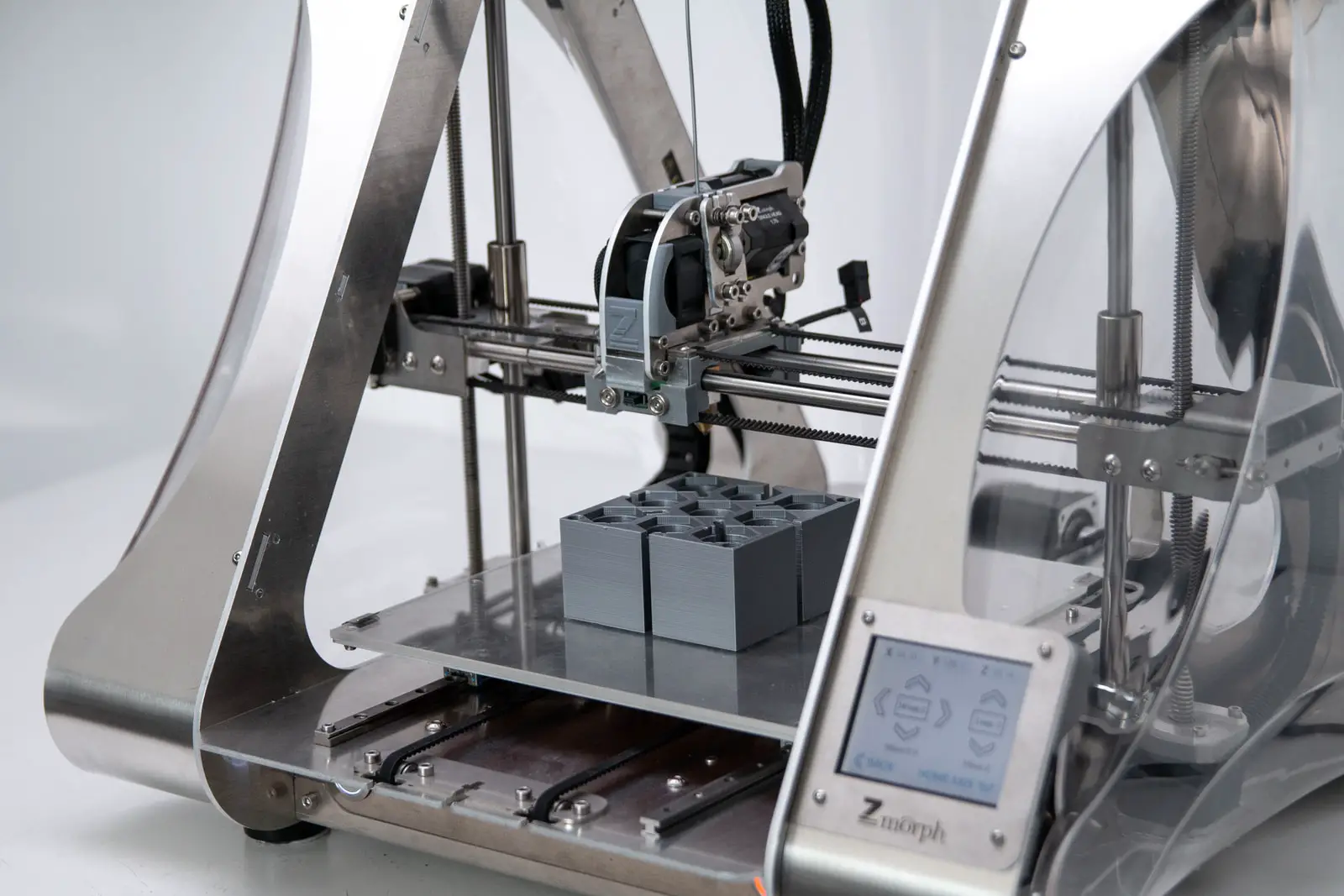
The revolutionary technique of additive manufacturing, better known as 3D printing, is not entirely new. In fact, its roots trace back to the 1980s. However, it’s only in recent years that it has begun to truly shine and demonstrate its potential. It’s also worth noting that this technology is not a one-size-fits-all solution, with different techniques and approaches offering unique benefits. Among the various additive manufacturing technologies, Selective Laser Sintering (SLS) stands out. SLS is a robust technology that’s rapidly gaining ground, ready to become the mainstay in production and manufacturing.
Breaking the Mold: The Disruption of the Injection Molding Industry
The injection molding industry has been the cornerstone of mass production for a long time. Its strength lies in its ability to produce large quantities of identical parts at a relatively low cost. However, the industry faces significant challenges, including the high cost of mold processing and the limitations in design flexibility.
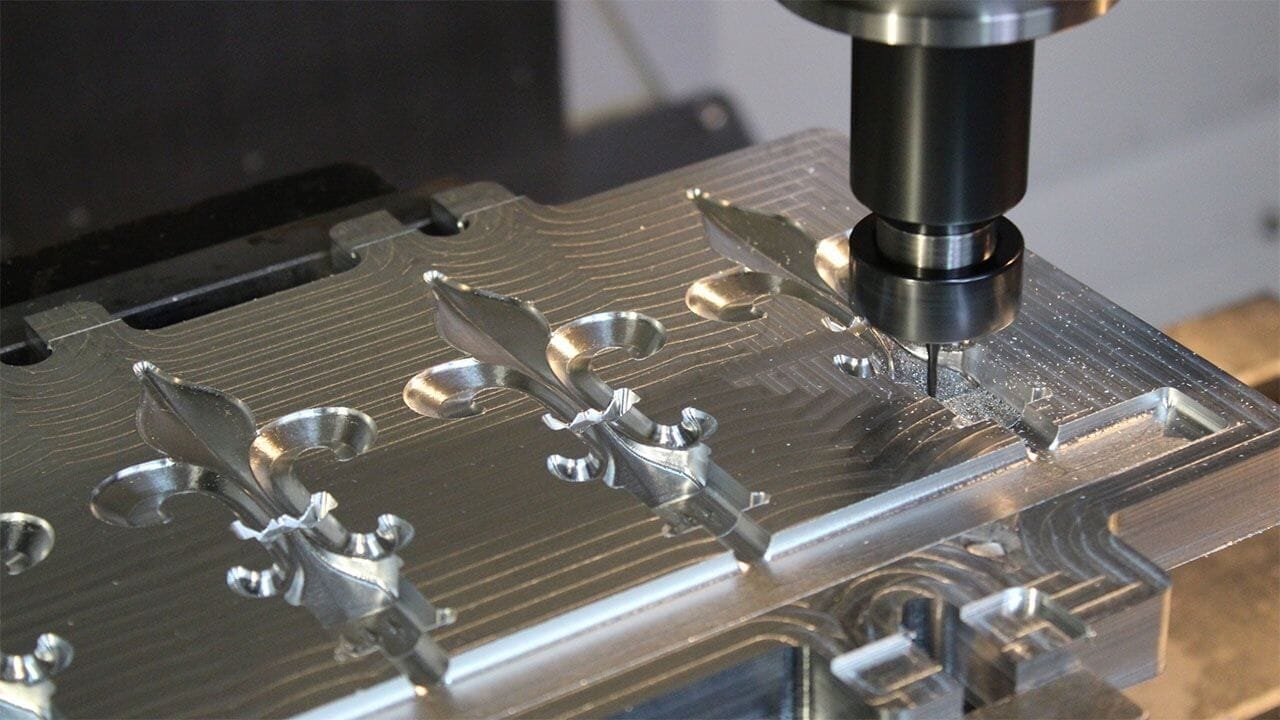
Enter SLS 3D printing technology. Unlike traditional methods, SLS doesn’t require molds to create parts. This eliminates the need for mold processing, reducing costs and lead times significantly. More importantly, it opens up new avenues for design possibilities, allowing for the creation of complex structures previously deemed impossible or too costly.
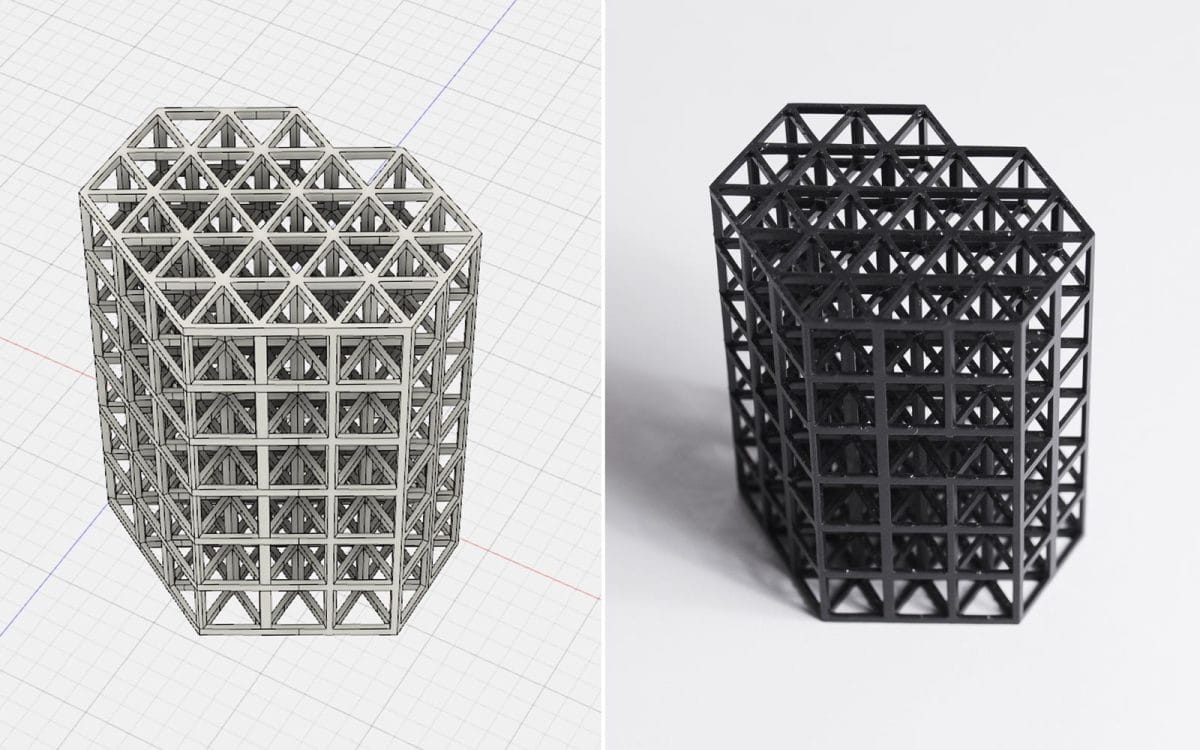
Beyond Flat Surfaces: The Limitations of Sheet Metal Processing
Sheet metal processing has its own set of strengths and weaknesses. While it’s excellent for creating flat structures and components, it often struggles with complex, unsupported structures. This is where SLS 3D printing technology has an edge.
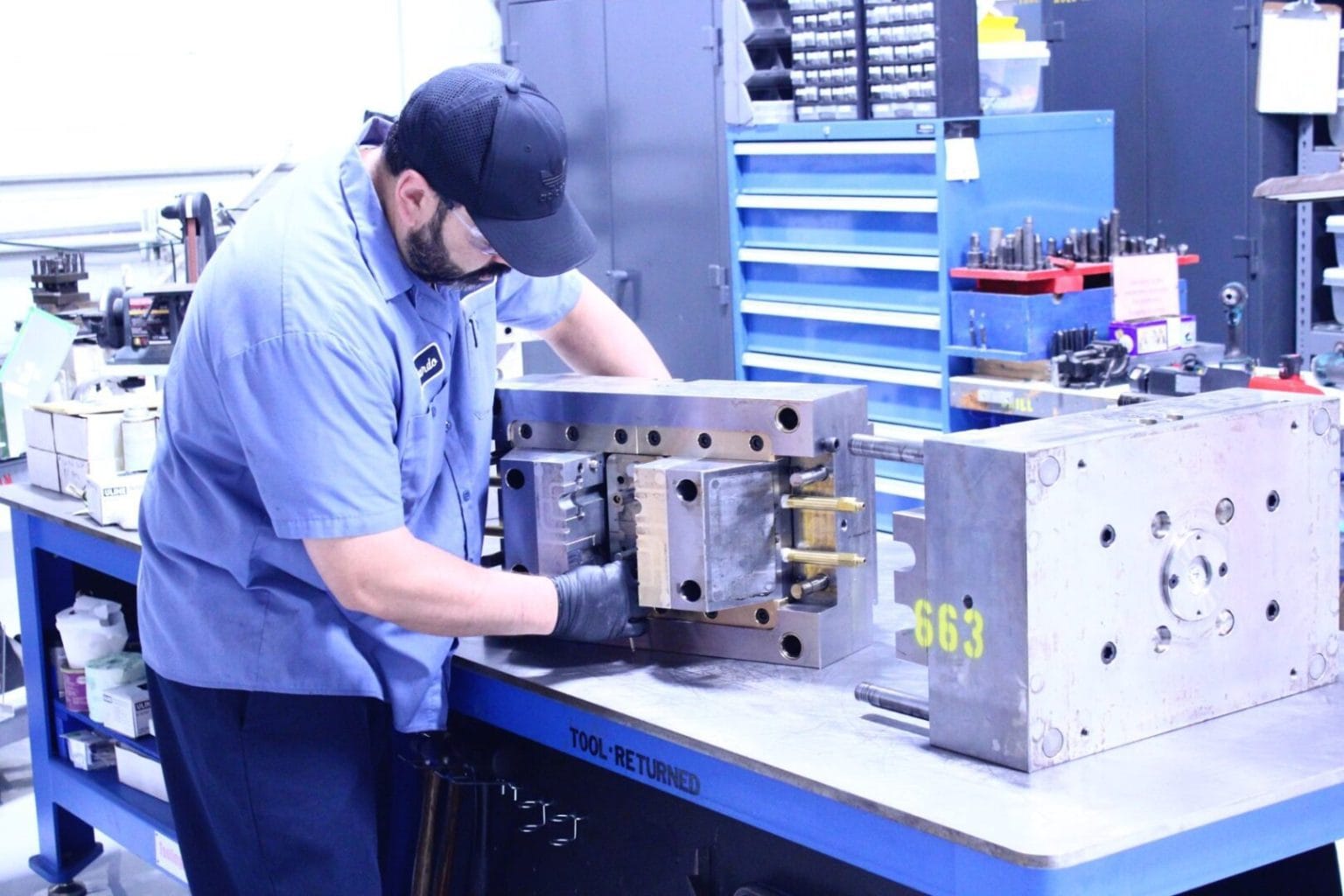
With SLS, designers aren’t constrained by these limitations. The technology allows for the creation of complex, unsupported structures with ease, paving the way for innovative designs and applications. This creative freedom can fuel the next wave of product development and innovation, far beyond what’s possible with sheet metal processing.
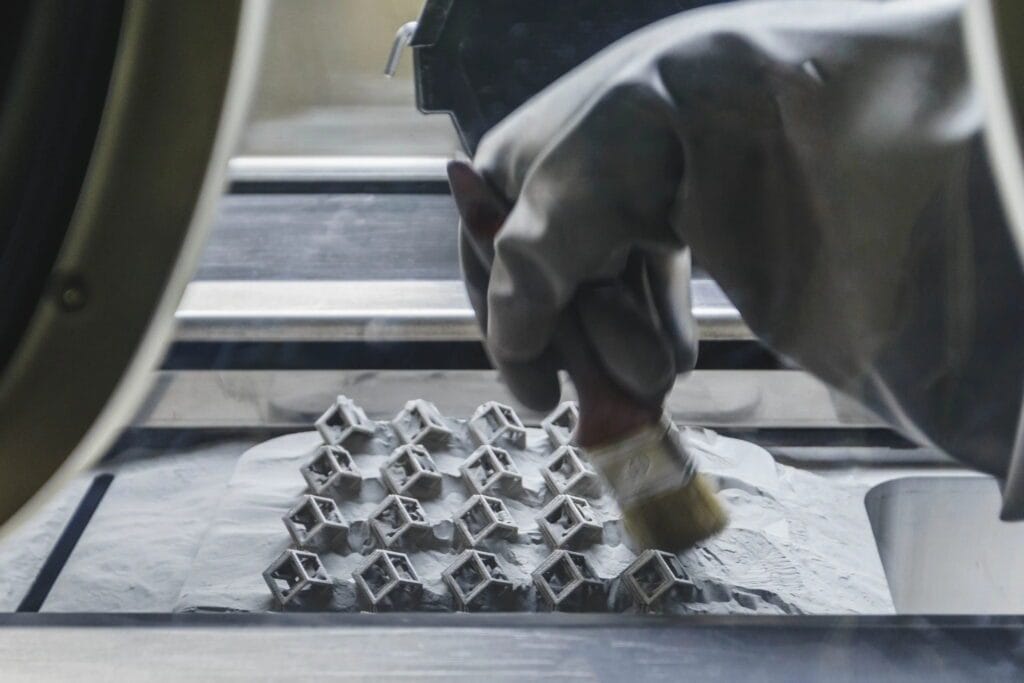
The Power of One: From Multiple Parts Assembly to Single Molding
One of the greatest strengths of SLS 3D printing technology lies in its ability to simplify the production process. Traditionally, complex assemblies required multiple parts to be fabricated individually and then assembled painstakingly. With SLS, these originally multiple parts assemblies can be reduced to a single molding, resulting in significant cost reduction and time savings.
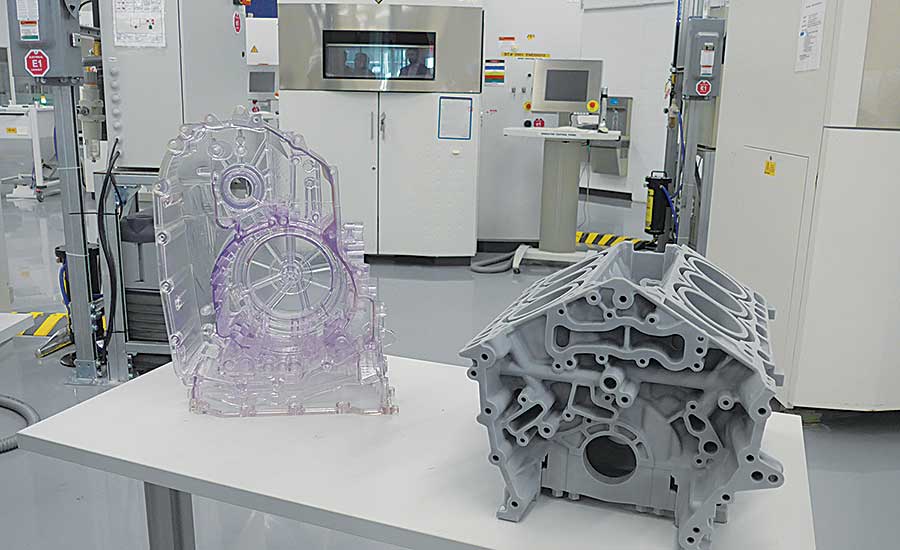
Soaring High: SLS 3D Printing Technology in the Aerospace Field
The aerospace field is renowned for pushing the boundaries of what’s possible. It’s no surprise then that it’s one of the earliest adopters of SLS 3D printing technology. The ability to create lightweight, complex structures with high precision makes SLS an attractive proposition for the industry.
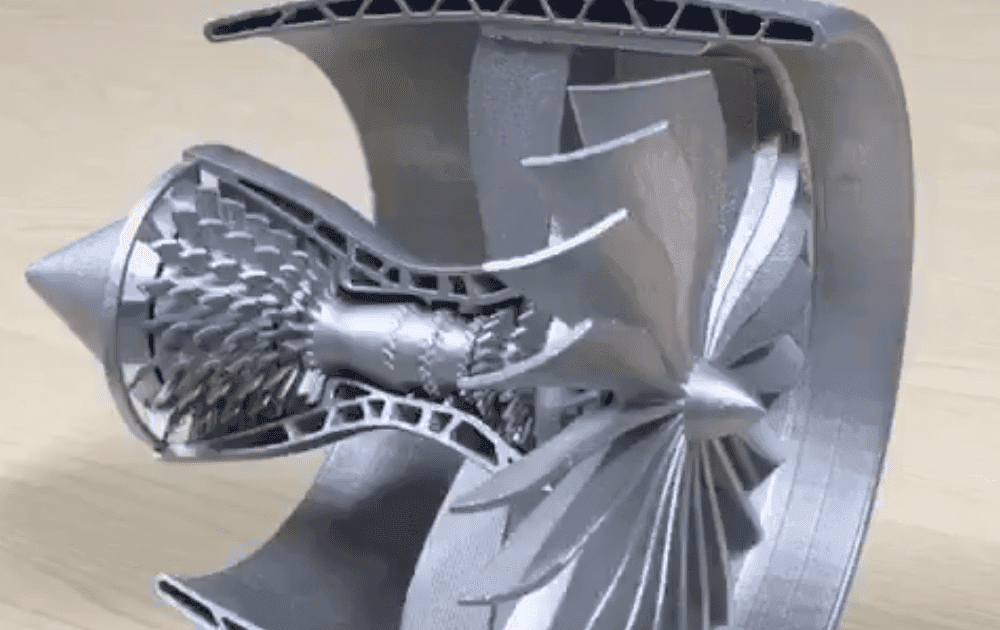
From intricate engine components to entire spacecraft, SLS is opening up new frontiers in aerospace design and manufacturing, significantly reducing weight, cost, and production time.
Defense and Beyond: SLS in the Military Industry
The military industry is another sector where SLS 3D printing technology is making significant inroads. Given the industry’s unique needs for customized, high-strength parts and rapid prototyping capabilities, SLS is an ideal fit.
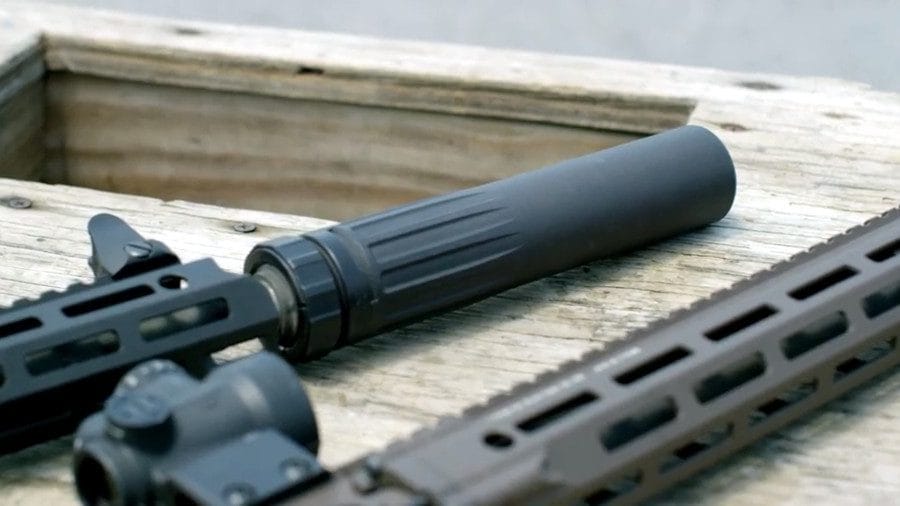
From vehicle parts to weaponry components, SLS is enabling the military industry to innovate faster, reduce costs, and maintain a competitive edge.
Driving Innovation: SLS in Automobile Manufacturing
The automobile manufacturing industry is always in the race for lighter, stronger, and more efficient components. SLS 3D printing technology is helping drive this race, enabling the creation of intricate, high-performance parts that are difficult or impossible to produce using traditional methods.
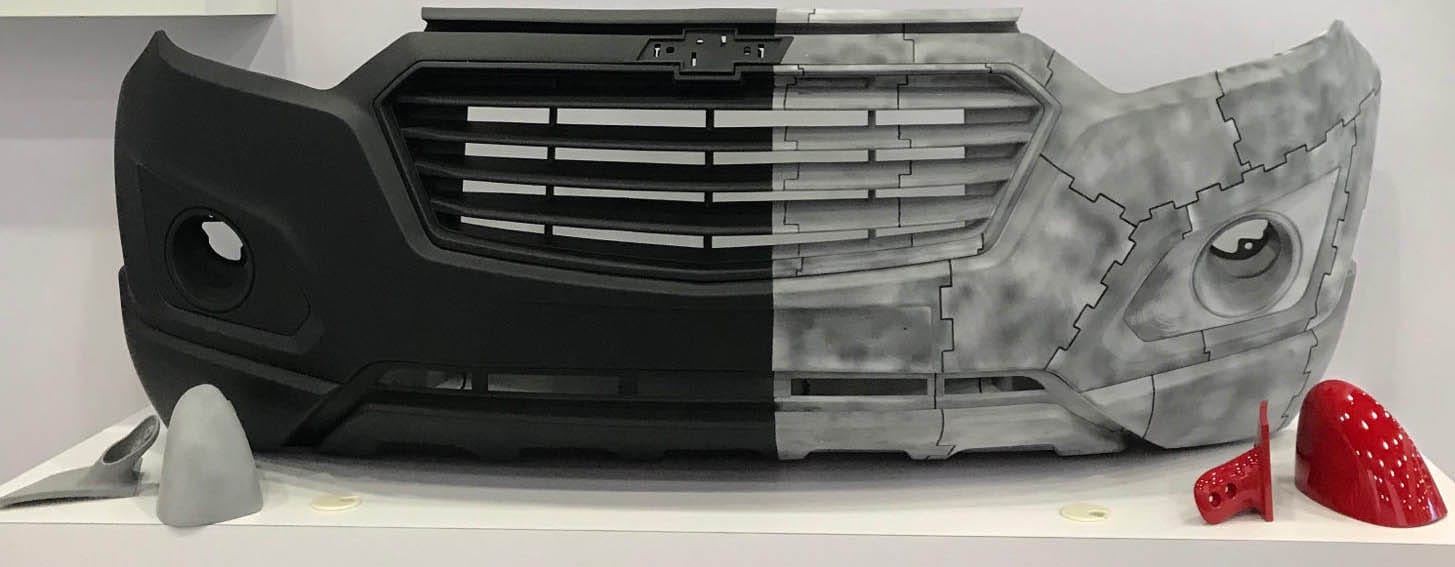
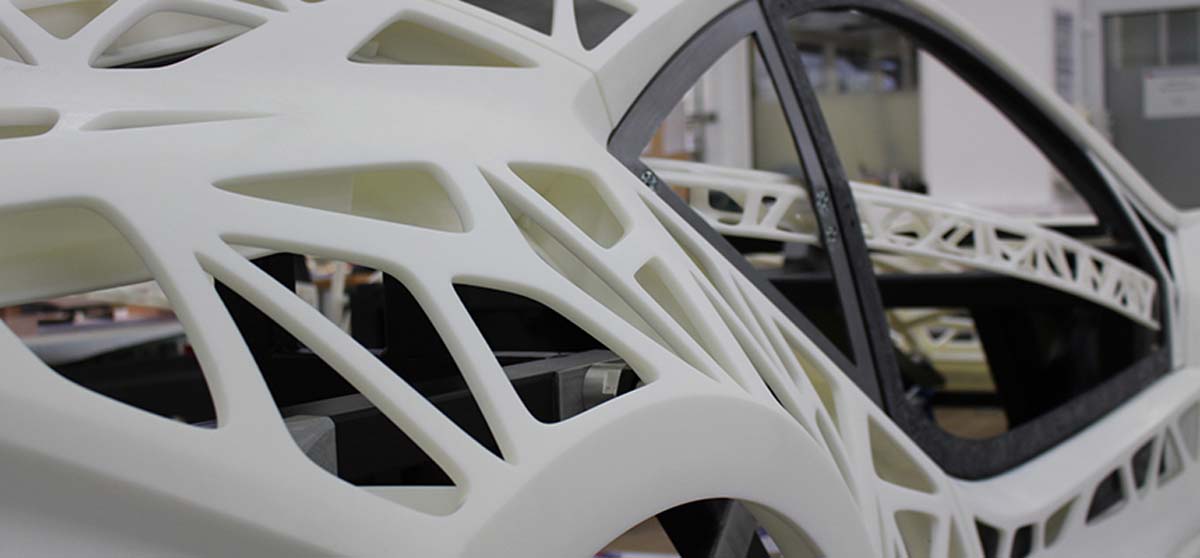
From engine components to personalized interiors, SLS is set to revolutionize the automobile manufacturing process, promising better, more efficient vehicles at a lower cost.
The Economics of SLS: Cost Reduction and Efficiency
While the technical advantages of SLS are impressive, its economic benefits are equally compelling. By eliminating the need for expensive molds and allowing for single-step production of complex assemblies, SLS offers significant cost reductions. Moreover, SLS reduces waste, as it only uses the material necessary for the part, and unused powder can be recycled. This efficiency is not only good for the bottom line but also for the environment.
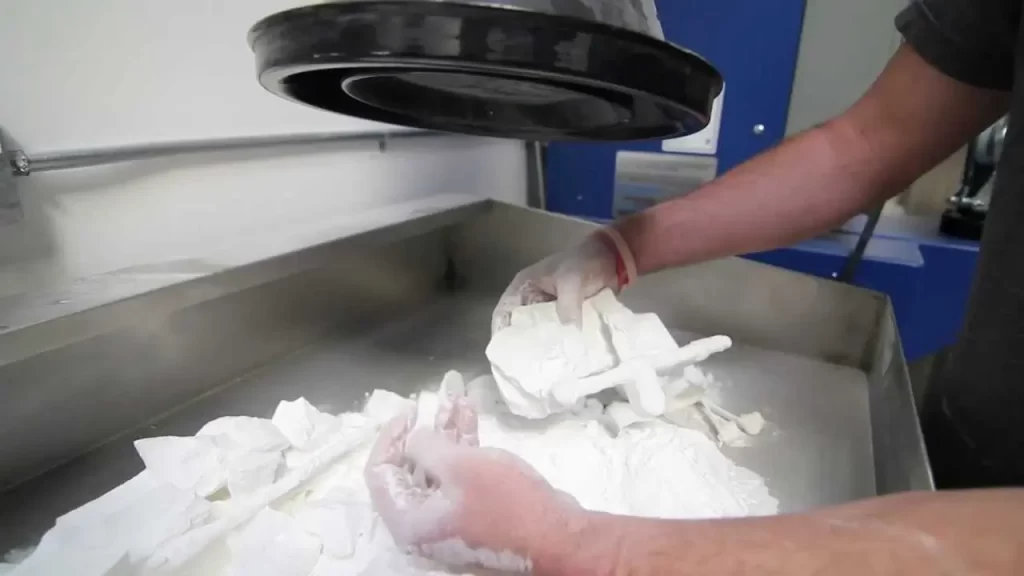
The Future of SLS: Continuous Improvement and Expansion
The future of SLS 3D printing technology looks bright. As technology iteration continues, we can expect further improvements in terms ofspeed, precision, material variety, and cost-effectiveness. These advancements will only strengthen SLS’s position in the manufacturing landscape. Also, as the benefits of SLS become more widely recognized, we can expect its adoption to extend beyond the aerospace, military, and automobile sectors. Industries such as healthcare, construction, and consumer goods are ripe for disruption, and SLS could very well be the catalyst. In the face of rapid technological change, it can be tempting to cling to the familiar. However, the benefits of SLS 3D printing technology are too compelling to ignore. Its ability to create complex, customized parts quickly and at a lower cost is a game-changer for the manufacturing industry.The SLS revolution is here. It’s time to embrace the change and reap the benefits of this exciting technology.

